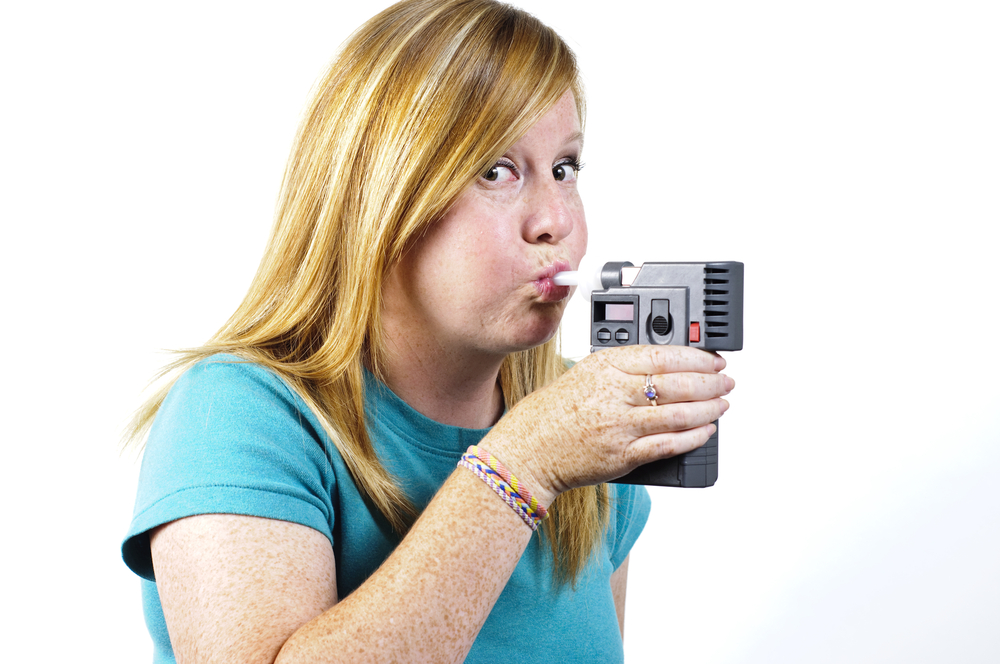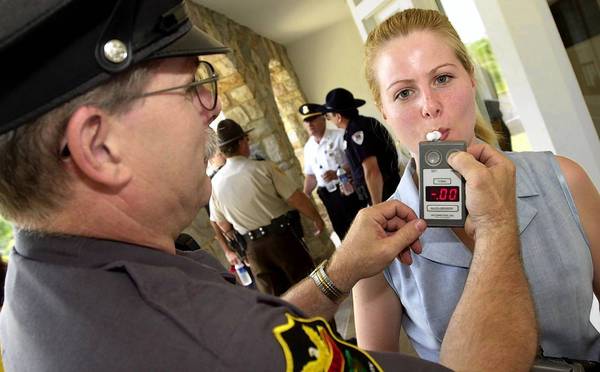Considering the potential effects that DUI has on the public safety, it’s pretty important to make sure that they’re accurate. It’s been proven time and again that drunk driving has a huge effect on national mortality rates when it comes to American roads. That’s why a lot of emphasis is being put into the tests to make sure they are accurate both now and for the future. But a question remains about exactly how accurate they really are and how much law enforcement should depend on them.
Testing with the Senses
So-called “sensory tests” used to figure out whether someone is intoxicated enough have been notoriously shown to be inaccurate. An officer can try to notice things like slurred speech, eyes that are bloodshot, trouble with coordination or even the scent of alcohol coming from their car. But the problem is that false positives can happen all the time when it comes to most of these clues. Someone who is sick for another reason could give officers the totally wrong idea. For example, if someone has a problem with serious anxiety, they could slur their speech, and someone who hasn’t slept in a while could have bloodshot eyes. Even if an office smells alcohol, this doesn’t mean that the driver has a blood alcohol level over what’s dictated by law. It’s true that there are other ways to test with the senses as well such as looking for Nystagmus. This condition occurs when someone has their eyes fluttering from left to right quickly. This usually doesn’t occur unless someone is quite intoxicated so it’s more accurate. But the problem is that other conditions can also cause nystagmus, so even that isn’t really very reliable. Even the field sobriety test may not figure it out all the time.
Testing the Breath
Breathalyzers really only give you an indirect test for the likely Blood Alcohol Level someone has. This is because it only tests how much alcohol is breathed out; it’s not how much is in the blood which is what the law measures. The problem is that breathalyzers can be inaccurate due to the fact that the value of alcohol exhaled can vary from person to person and based on body temperature and respiration rate. This means that the value listed could definitely be wrong.
Testing with Chemicals
Testing someone’s blood directly is obviously the best way to tell whether or not they are intoxicated. But even this type of test isn’t dead certain. Still, it’s not usually possible to attack a blood test result on the grounds that it wasn’t taken properly since this doesn’t happen all that often. However, it is possible that a blood test come out too high since it takes time for alcohol in someone’s stomach may not have become fully absorbed yet. Overall, the more direct methods of testing such as blood tests will yield rather accurate results for the most part, but they aren’t foolproof, and it’s always possible an inaccuracy occurred. This gives you a better chance in DUI cases with a good criminal defense attorney if you have a DUI case. The preferred method and equipment used by the law enforcement will be different in each state or local police department so you won’t face the exact same procedure in Atlanta or in Indianapolis. But wherever you are it is better to be aware of the weaknesses of the methods used in case you ever face DUI charges.

































No Comments
Leave a comment Cancel